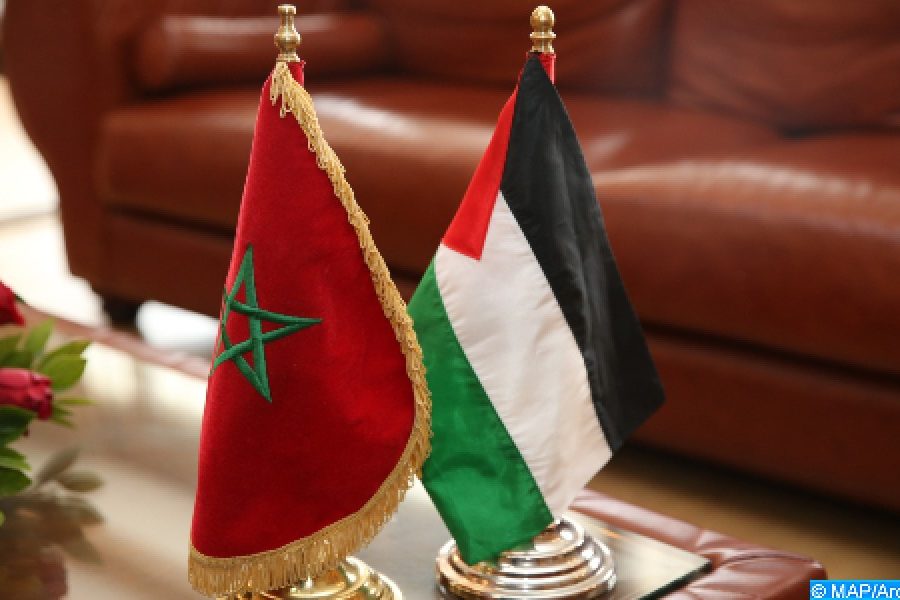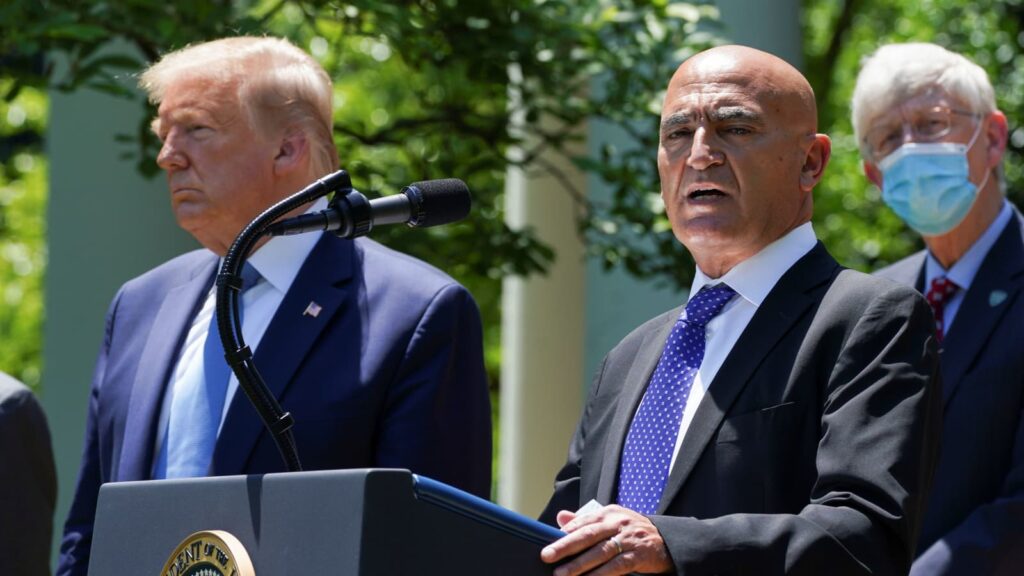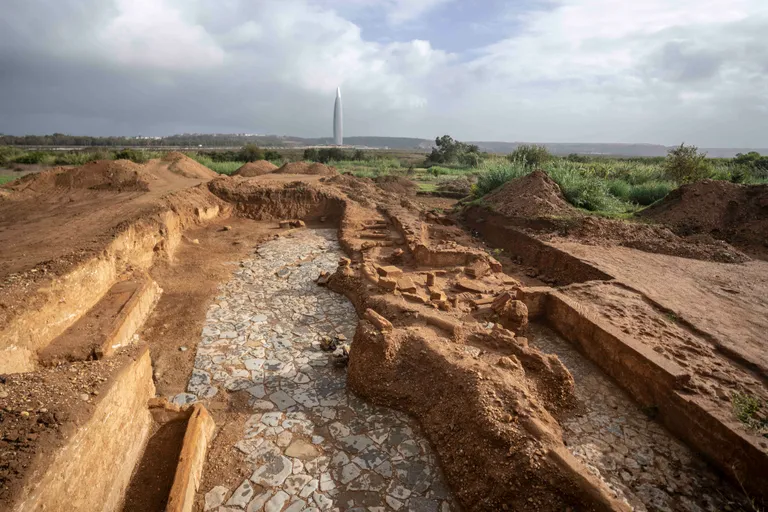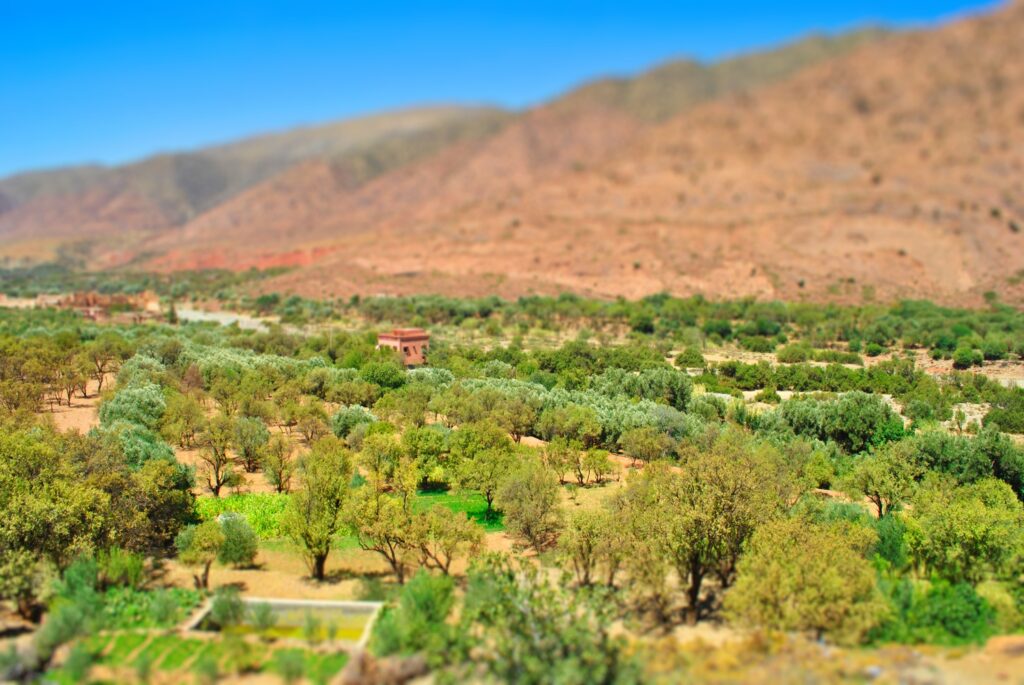Our king stood firmly in support of Palestinian.
support of Palestinian is always my concerns, As someone with roots in Morocco but who has now called America home for over a decade, I always find myself torn when conflicts erupt in the greater Middle East region. None are more closely watched or debated in my community than the ongoing crisis between Palestine and Israel.
Many Moroccans remember the years when our king stood firmly in support of Palestinian rights and autonomy. We marched in the streets of Casablanca and Rabat showing solidarity. Though an ocean now separates me, my heart still aches when I see images of bombardments in Gaza or clashes on the Temple Mount. This is our ancestral homeland, after all – the holy cities of Jerusalem in particular hold deep spiritual meaning for Muslims worldwide.
support of Palestinian From this side of the world, it’s easy to feel helpless. All I can do is stay informed by following credible news sources and having respectful discussions with friends and family. Opinions run strong on both sides, as you might expect. Some in my community believe the Israeli government has become too repressive in its occupation, while others argue security must come before political solutions. There are no easy answers, it seems, to this decades-old conflict.
Amidst the challenges, it is heartening to see initiatives that aim to bridge the cultural divide and foster dialogue between Israelis and Palestinians. Organizations that focus on peace education and cultural exchange are working tirelessly to create shared spaces for mutual understanding. They promote narratives of coexistence, showcasing how interwoven the histories and lives of these peoples are, and how peace benefits all.
The youth play a pivotal role in this support of Palestinian transformative process. They are the vanguard of change, unburdened by the entrenched prejudices that have plagued older generations. Social media has offered them an unprecedented platform to connect across borders, share stories and experiences, and build a community founded on hope rather than hostility. Through various online campaigns and collaborative projects, young activists are dismantling stereotypes and humanizing the face of the ‘other.’
Support of Palestinian At the heart of this burgeoning dialogic movement is education.
support of Palestinian At the heart of this burgeoning dialogic movement is education. Schools and universities are increasingly incorporating conflict resolution and peace studies into their curricula, equipping students with the tools to understand the complexities of the conflict and the skills to navigate it constructively. Discussions around history, identity, and nationalism are being expanded to include multiple perspectives, challenging students to think critically and empathetically.
Yet these efforts are often overshadowed by the louder voices of extremism. Every act of violence, every instance of political brinkmanship, threatens to unravel the painstaking work of peacebuilders. This is why it is more important than ever for international communities and leaders to support grassroots peace initiatives. We must amplify the voices that advocate for reconciliation and coexistence rather than division and conflict, remembering that the path to peace is paved with the everyday choices of ordinary people choosing to resist the pull of polarization.

In this long and arduous journey towards peace, it is imperative not to lose sight of the humanity that binds everyone together. The envisioned future of stability and autonomy can only be realized when peace is not just a distant dream, but a lived reality for both Israelis and Palestinians. This will require persistent efforts, enduring patience, and collective acts of courage to turn the tide in favor of dialogue and understanding.
My hope is that leaders find the political will for a just solution before another generation passes without hope for an independent Palestinian state. As an outside observer, all I can do is keep an open and learning mindset. And remind others that complex issues rarely have only one side to blame. Progress likely depends on acknowledging shared humanity above disputed lands or histories. If we lose that, there may be no road back to peace.




